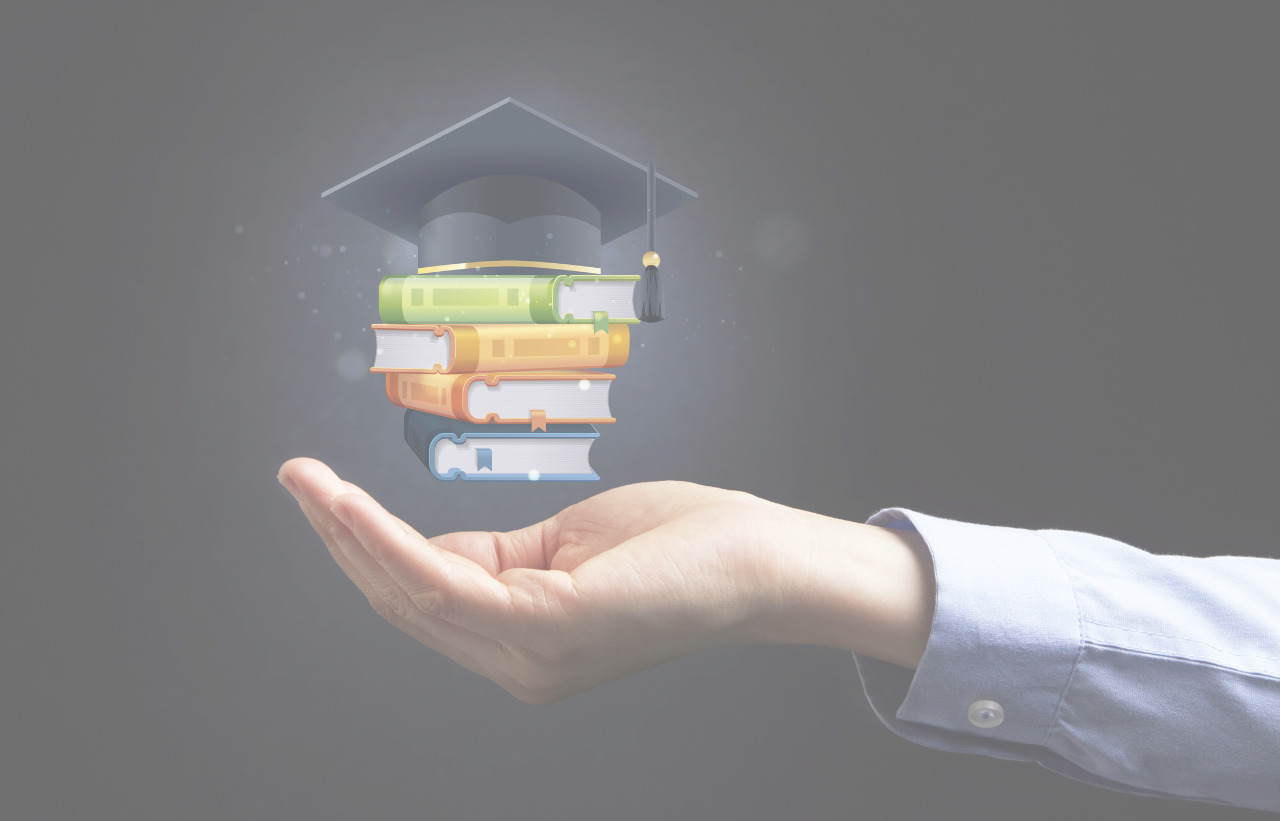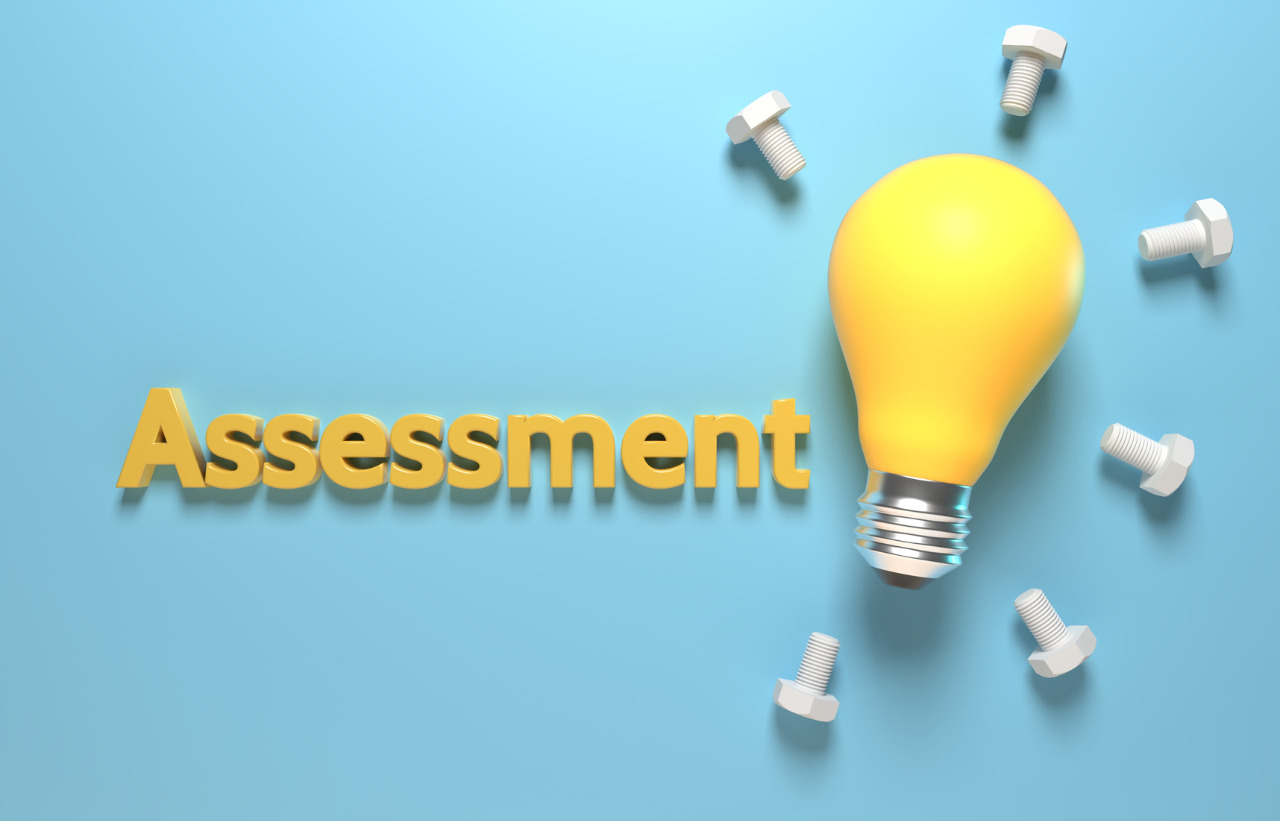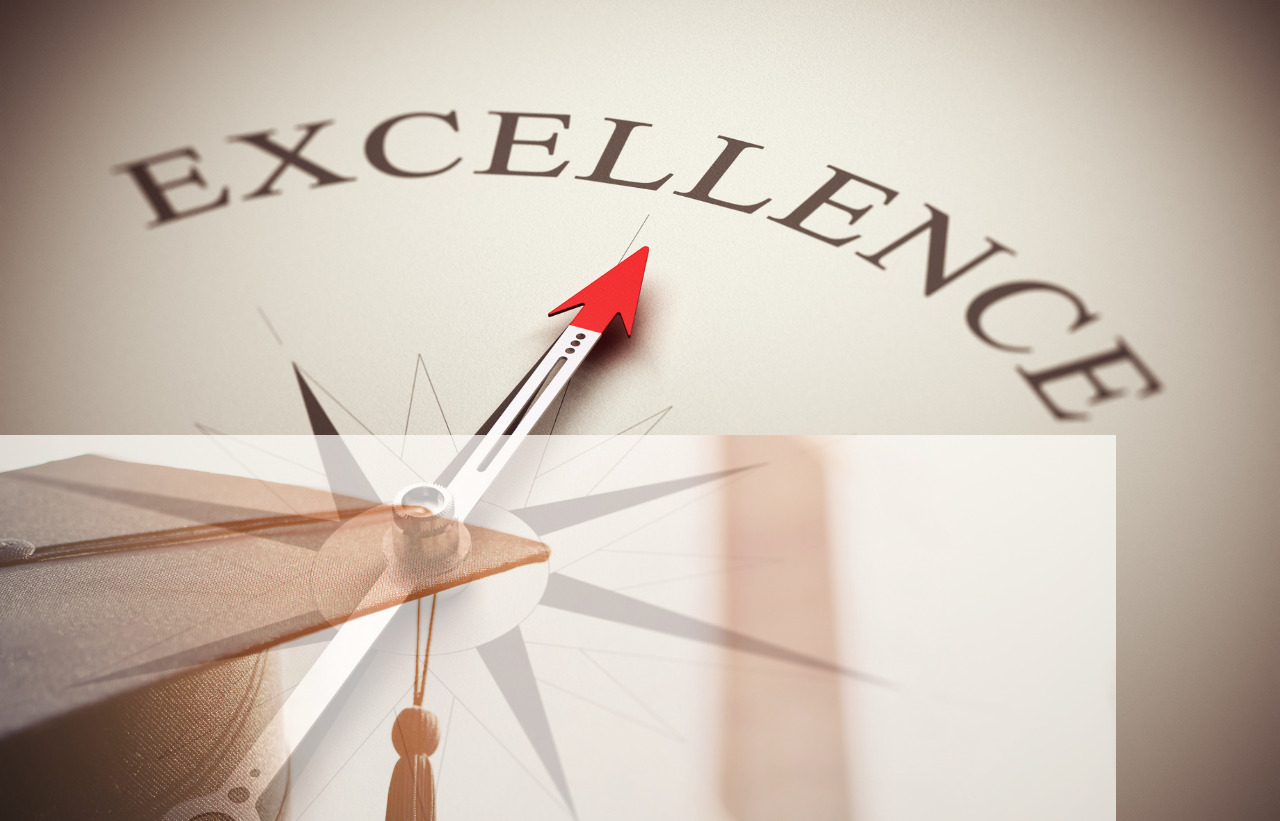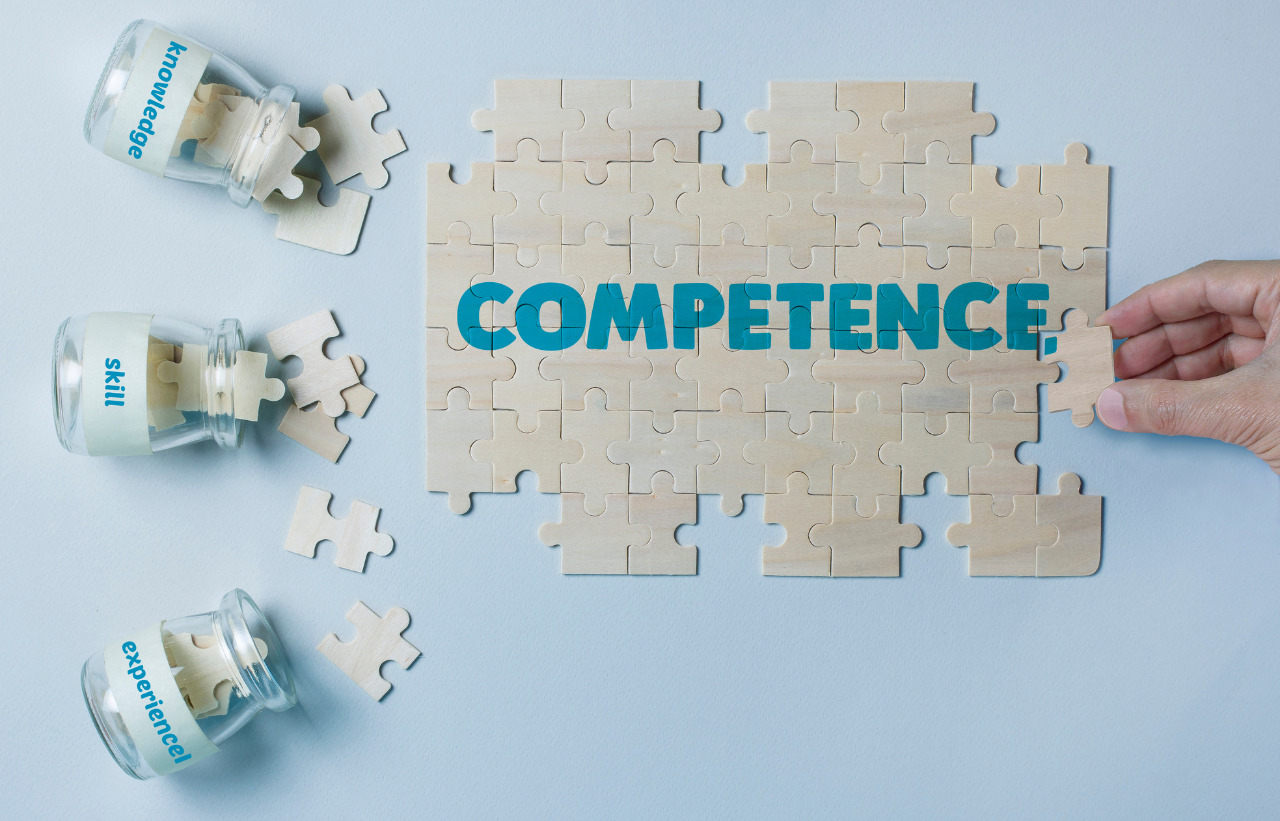Introduction
Education is not just about acquiring knowledge and passing exams. It is a process of developing one’s abilities, skills, attitudes, and values. A holistic education aims to develop the overall personality of an individual, including their intellectual, emotional, social, and physical aspects. Therefore, a comprehensive assessment of students’ learning outcomes and progress is essential. However, assessments alone cannot provide a complete picture of a student’s growth and development. Hence, it is necessary to complement assessments with other activities and initiatives that add value towards a holistic education. This essay will discuss seven such complementary activities, including competency exams, student wellness, in-house counseling, remedial classes, teacher empowerment, personality development, and career guidance.
Competency exams
Competency exams are designed to evaluate a student’s understanding of a specific subject or skill. Unlike traditional exams, which primarily test memorization and recall, competency exams focus on application, analysis, and synthesis of knowledge. They assess a student’s ability to solve problems, think critically, and apply their knowledge in real-world situations. Competency exams are essential because they help students identify their strengths and weaknesses with respect to knowledge and real-world skills. They also provide teachers with insights into their teaching effectiveness and curriculum design.
Competency exams can be used to supplement regular assessments and add value towards a holistic education. By identifying students’ strengths and weaknesses, teachers can tailor their instruction to better meet individual needs. Moreover, competency exams can help students develop skills that are essential for success in their future careers.
Student wellness
Student wellness is a broad term that encompasses various aspects of a student’s well-being, including their physical, emotional, and social health. It is essential to promote student wellness as it contributes to overall academic success. Students who are healthy and happy are more likely to be engaged in learning and achieve their goals. Therefore, schools should prioritize student wellness by setting attainable academic, emotional, and social goals.
In-House counseling
In-house counseling is a vital component of a holistic education. Many students face challenges and difficulties that can affect their academic performance and overall well-being. In-house counseling provides necessary guidance for those in need of direction. It helps students cope with stress, manage their emotions, and develop coping skills. Counseling also helps students address any underlying issues that may be affecting their academic performance.
In-house counseling is beneficial because it provides students with a safe and confidential environment to discuss their concerns. Counselors are trained to provide support and guidance to students and help them navigate the challenges of school and life. Additionally, in-house counseling can help prevent more serious mental health issues from developing.
Remedial classes
Remedial classes are a vital complement to assessments. Embracing uniqueness is the first step to nurturing and nourishing. A single approach cannot be adopted, or a single tactic applied when dealing with young individuals who are distinct in their uniqueness. Not all students learn at the same pace, and some may struggle with specific subjects or topics. In such cases, remedial classes can be incredibly beneficial.
Remedial classes provide students with an opportunity to catch up on missed material, relearn concepts that they struggled with, and reinforce their learning. These classes provide extra time and attention to students who may be struggling in a particular subject or topic. With the additional support provided in remedial classes, students can build their confidence and improve their understanding of the subject. This, in turn, can lead to better performance on assessments.
Moreover, remedial classes can provide a more personalized learning experience. The smaller class size enables teachers to identify and address individual learning needs. This approach ensures that students receive targeted support and guidance, which can help them overcome their weaknesses and achieve their potential.
Teacher empowerment
Periodic honing of a teacher's skills is a necessity that cannot be overlooked. Teachers play a vital role in shaping the future of young individuals. A teacher who is empowered is better equipped to provide their students with a holistic education. Empowerment can take various forms, including training, mentoring, and professional development.
Training and mentoring programs can help teachers develop their skills and knowledge, providing them with new strategies and techniques that they can use to enhance their teaching. Professional development programs can help teachers stay up-to-date with the latest trends and best practices in education.
Empowering teachers can have a positive impact on student learning. Teachers who are confident and knowledgeable can create a more engaging and dynamic learning environment, which can enhance students' motivation and willingness to learn. Empowered teachers can also better address the diverse learning needs of their students, providing them with personalized support and guidance.
Personality development
The changing times demand young men and women who are self-aware. Personality development is an essential complement to assessments that can help students develop the skills and traits they need to thrive in life. Personality development refers to the process of improving one's personality, character, and behavior.
Personality development can help students develop a range of valuable skills and traits, including communication, leadership, and interpersonal skills. These skills can help students succeed in both their personal and professional lives. For example, effective communication skills can help students express their thoughts and ideas clearly, while leadership skills can help them influence others positively.
Moreover, personality development can help students develop self-awareness, which is a vital trait in today's fast-paced and complex world. Self-awareness enables individuals to understand their strengths and weaknesses, allowing them to capitalise on their strengths and work on their weaknesses. This can help students build their confidence and resilience, enabling them to overcome obstacles and achieve their goals.
Career guidance
Career guidance plays a vital role in providing students with direction and guidance in choosing a career path that aligns with their interests, skills, and abilities. It helps students explore various career options, weigh the pros and cons, and make informed decisions. Without proper career guidance, students may end up choosing a career that doesn't interest them, leading to dissatisfaction, frustration, and ultimately, a lack of productivity.
Career guidance starts early in a student's life, even before they enter high school. It involves counseling sessions, aptitude tests, and career assessments that help identify a student's strengths, weaknesses, and interests. Based on the results, students are provided with guidance on various career options, the education required, job prospects, and the skills needed. This enables students to make an informed decision and pursue a career that aligns with their interests and abilities.
Career guidance doesn't just end with the choice of a career path. It also includes various aspects such as resume writing, interview skills, and job search strategies. These skills are crucial in today's competitive job market, and without proper guidance, students may struggle to secure a job even after completing their education.
Moreover, career guidance doesn't just benefit students; it also benefits educational institutions and employers. By providing students with guidance on the skills and qualifications required for various careers, institutions can tailor their curriculum to meet the demands of the job market. This, in turn, helps employers find the right candidates for their job openings, reducing the skill gap and increasing productivity.
In conclusion, while assessments are crucial in evaluating a student's understanding and knowledge of a subject, they are not enough to provide a holistic education. All the above crucial components complements assessments and adds value to education. It provides students with direction and guidance in choosing a career path that aligns with their interests and abilities, equips them with the necessary skills to secure a job, and benefits educational institutions and employers by reducing the skill gap.




